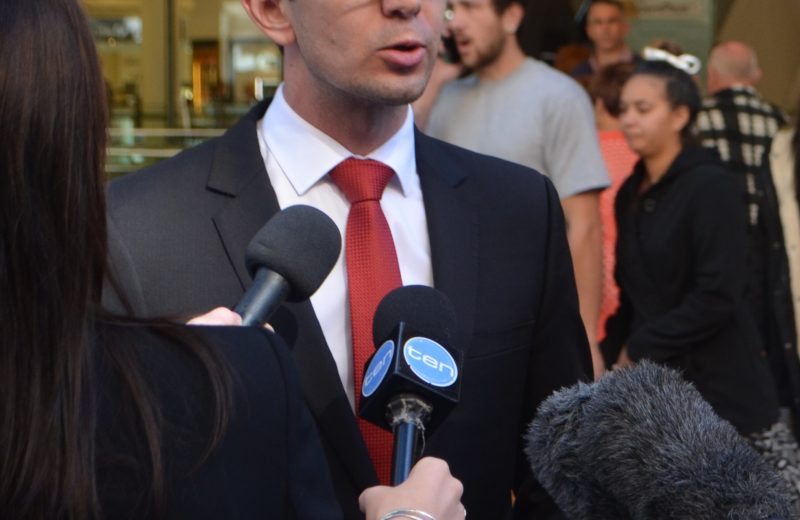You may have seen some media reporting this week about the upcoming Annual Wage Review of minimum wages, and the National Retail Association’s position leading the discussion on behalf of retailers.
I’d like to share with you some of the thinking that informs our submission on this issue each year.
As a knee-jerk reaction, it may seem very tempting to go to the Commission with a lowball offer, in the expectation that the union movement will make an unrealistically high claim and the Fair Work Commission may meet the two competing claims somewhere in the middle.
However, that would be a fairly unsophisticated approach to dealing with what is a highly complex and considered economic issue. Submitting an unrealistically low claim is, in the NRA’s view, no more sensible than making a ridiculously high claim. It simply reduces the credibility of our sector in the eyes of the Commission, and undermines our ability to achieve a sensible and manageable increase.
This year, the NRA has proposed a change in the minimum wage of $10.70 per week – a 1.6 per cent increase which was calculated having regard to the economic trade-offs between factors such as unemployment levels, productivity gains in our sector, business conditions, and the inflation rate as a measure of the increased cost of living.
Interestingly a similar approach was taken by the Australian Industry Group, which suggested a $10.50 increase. Many other industry groups proposed far lower increases.
Against this background, the union movement is demanding a rise of $30 per week – close to three times the rate of inflation. This is clearly an untenable claim, and one which fails to recognise the patchy and fragile nature of the recovery in the retail sector.
By positioning our sector as a reasonable, sensible alternative to other groups making extreme claims (either extremely high or extremely low), the NRA believes we will attract a more favourable consideration of our arguments, and of the supporting information we have provided. Our full submission, which you can read here, makes strong arguments around retail industry performance, productivity growth, labour market trends and trends in retail wages all pointing to a $10.70 increase being sensible and sustainable.
In the meantime, we understand that negotiating the workplace relations landscape can be challenging at the best of times. Even for seasoned professionals, keeping on top of changing award levels, junior rates, overtime payments, penalty rates and rostering requirements can be an enormous distraction from the job of running your business. So don’t forget that the NRA is always at the end of the telephone line to help you work your way through workplace issues, whatever they may be.
Contact NRA Legal on 1800 RETAIL (738 245).

